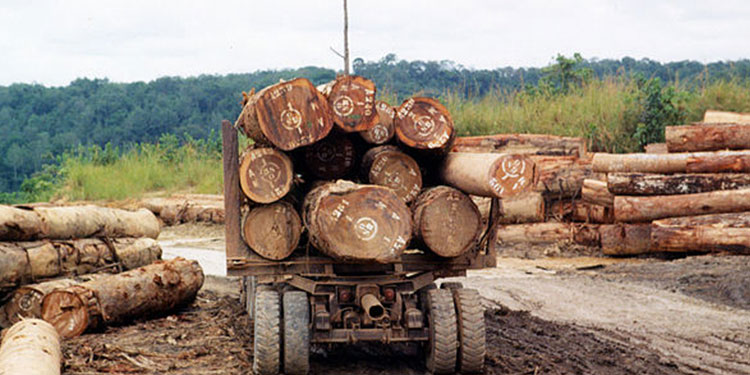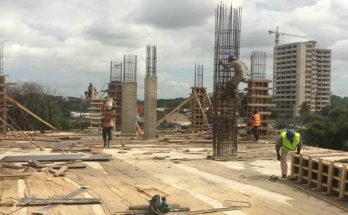
The African wood markets, both national and regional, are booming. Rapid population growth, urbanization, and economic development are driving an increase in domestic demand for sawn wood across the area, which in many countries is already greater in volume than demand for industrial timber for export.
Loggers who are highly organized and operate outside of current legal systems meet the majority of domestic demand.
The informal logging business employs a large number of people and provides considerable money in both rural and urban regions. According to research done by the Center for International Forestry Research, chainsaw milling in Cameroon creates 45,000 direct employment and earns more than 20 billion FCFA ($33 million) in income (CIFOR).
The sustainable use of forest resources has become a driving force in Central Africa’s development, yet informality promotes economic progress and constrains the potential advantages for both loggers and the government.
Small-scale wood production is generally ignored by existing forest governance, which is geared toward meeting the demands of the industrial sector. This helps in implementing regulations that can significantly minimize the environmental cost of artisanal logging. It will be complicated to draw the sector more sustainable until we bring it to light.
In certain African countries, the volume of timber sold on the local market exceeds that sold on the international market.
CIFOR has established the project “Promoting and Formalizing Artisanal Logging in Africa,” which will run through 2023, to solve this issue.
To help consumers become more formalized, the initiative will encourage demand for legally produced sawn wood on both private and public markets. CIFOR strives to raise knowledge of the origin of timber among individual customers, as well as the public and private sectors, through communication and advocacy initiatives.
Small-scale chainsaw milling yearly production is projected to be 2.1 million and 3.4 million cubic metres (roundwood equivalents) in Cameroon and the Democratic Republic of Congo (DRC), respective
According to Eba’a Atyi, achieving the project’s objectives would require strong cooperation with the government. “Our major institutional partners in the execution of the project will be Cameroon’s Ministry of Forests and Wildlife and the Tshopo Provincial Coordination for the Environment and Sustainable Development.”



